Have you ever trusted a “gut feeling” or felt your stomach tighten during stress? These aren’t coincidences—they are reflections of the gut-brain connection. At Daiwa Health Development, we’ve long recognized how closely the digestive system and the brain work together. The science now confirms what many cultures have believed for centuries: when your gut is healthy, your brain and body function at their best.
What Is the Gut-Brain Connection?
The gut-brain connection describes the constant, two-way communication between the gastrointestinal tract and the brain. This system is powered by the gut-brain axis, a network that involves the enteric nervous system, the central nervous system, and signaling through the vagus nerve.
Some scientists call the gut the “second brain.” It contains over 100 million nerve cells, forming a neural network known as the enteric nervous system. This “second brain” regulates gut motility, secretes digestive enzymes, and even produces neurotransmitters that influence brain function. Serotonin—often called the “happiness molecule”—is made in large amounts by gut cells, directly linking digestion with mental health.
The gut microbiome, a diverse ecosystem of gut bacteria, fungi, and viruses, is another essential part of the connection. These gut microbes send chemical signals through the vagus nerve, crossing the blood-brain barrier and influencing everything from mood to memory. The result is constant communication between gut and brain, shaping cognitive function, stress response, and brain activity in real time.
Why Gut Health Matters for Mental Health
Poor gut health is more than bloating or occasional gastrointestinal symptoms. An imbalanced gut microbiota—often caused by processed foods, stress, or antibiotics—can contribute to inflammation, weakened gut barrier function, and disrupted gut working signals.
Anxiety and Depression
Research shows a strong link between the gut-brain axis and anxiety. People with gut imbalances often report depressive symptoms or anxious thoughts. This interconnection happens because disrupted gut and brain signaling affects neurotransmitters like serotonin and dopamine.
Brain Disorders and Neurodegeneration
Scientists are now studying the role of the microbiota gut-brain axis in conditions like Alzheimer’s disease and neurological disorders. Changes in gut composition may accelerate brain disorders by promoting inflammation and damaging the blood-brain barrier.
Functional Gastrointestinal Disorders
Conditions like irritable bowel syndrome (IBS) highlight the importance of the gut-brain relationship. Patients often experience abdominal pain without an obvious physical cause. This pain without cause phenomenon doesn’t mean symptoms aren’t real—it shows that functional GI disorders result from disrupted signaling between gut and brain.
Pro Tip: If you live with IBS, stress management and probiotic supplements may help restore balance in the gut environment, reducing both gastrointestinal and psychological symptoms.
How to Know if Your Gut Health Is Off
Your gut gives early signals when something is wrong. Watch for:
- Frequent bloating, gas, or discomfort in the GI tract
- Irregular bowel movements or altered gut motility
- Brain fog, poor concentration, or low mood linked to gut distress
- Increased anxiety or other mental health disorders
- Skin flare-ups or systemic inflammation linked to poor immune system regulation
These symptoms often signal a weakened gut barrier, reduced levels of beneficial bacteria, and disruptions in gut-brain communication.
Nutrition and the Gut-Brain Connection
Diet is one of the most powerful tools to reset gut health and support brain health.
Foods That Strengthen the Gut-Brain Axis
- Fermented foods (yogurt, kefir, sauerkraut, kimchi) provide live bacteria that enrich the gut microbiota.
- Whole grains feed gut microbes with fiber, producing short chain fatty acids that support gut barrier integrity.
- Amino acids from lean proteins are building blocks for neurotransmitters that influence mood.
Foods That Weaken Gut and Brain Function
- Processed foods loaded with sugar and additives disrupt the balance of gut bacteria and create inflammation.
- Excess alcohol or poor-quality fats impair the digestive system and weaken gut working signals.
Pro Tip: Pair a balanced diet rich in fiber with fermented foods to regulate digestion and strengthen the gut-brain axis.
Lifestyle Factors That Shape Gut and Brain Health
Beyond diet, lifestyle plays a huge role in the gut-brain connection.
- Stress response: Chronic stress disrupts nerve cells in the ENS and alters gut secretions, leading to both gut and brain distress.
- Sleep: Poor rest reduces microbial diversity, damages the gut barrier, and worsens mood disorders.
- Exercise: Physical activity improves circulation, enhances blood flow, and increases populations of beneficial bacteria.
At Daiwa Health Development, we encourage clients to view gut health as part of overall wellness. Supplements designed to balance the gastrointestinal system can support both physical and mental well-being.
How to Fix the Gut-Brain Connection
If you’re wondering, “How do I fix my gut-brain connection?” here’s where to begin:
- Reset with diet: Choose high-fiber vegetables, whole grains, and fermented foods while cutting down processed foods.
- Support with supplements: Probiotic supplements with live bacteria can restore balance and improve GI function.
- Manage stress: Use mindfulness, yoga, or breathwork to reduce strain on the autonomic nervous system.
- Stay active: Movement supports both digestive functions and cognitive function.
- Work with your body: Remember, the gut microbiome is unique. Like fingerprints, your gut may respond differently than others to the same foods or supplements.
The Science Behind the Gut-Brain Relationship
From animal experiments with germ free mice to large-scale clinical trials, findings suggest that the gut-brain relationship influences everything from brain development in infants to neurodevelopmental disorders in children.
Evidence shows that immune cells in the gut interact with the nervous system, shaping both mental health and overall human health. As researchers uncover more about the microbiota gut-brain axis, the future of treating mental health disorders and functional gastrointestinal disorders may shift toward targeting the gut first.
The Role of Daiwa Health Development
In the middle of this discussion lies a practical truth: supplements matter. At Daiwa Health Development, our formulations are designed to strengthen the gut-brain axis, support immune system balance, and provide real health benefits. By targeting the root of gut and brain dysfunction, these solutions work with the body’s nervous system and digestive system to restore harmony.
Conclusion: Protecting Your Second Brain
The gut-brain connection is not a trend—it’s a biological fact that affects every aspect of life. From regulating stress response to preventing Alzheimer’s disease, the relationship between the gut and brain is one of the most important discoveries in modern medicine.
A healthy gut means better mental health, improved brain activity, and stronger resilience against brain disorders. By eating a balanced diet, nurturing your gut microbiota, and supporting your body with supplements from Daiwa Health Development, you take active steps toward optimal wellness.
Your gut is more than an organ of digestion—it is your second brain. Care for it daily, and your mind, body, and future health will thrive together.

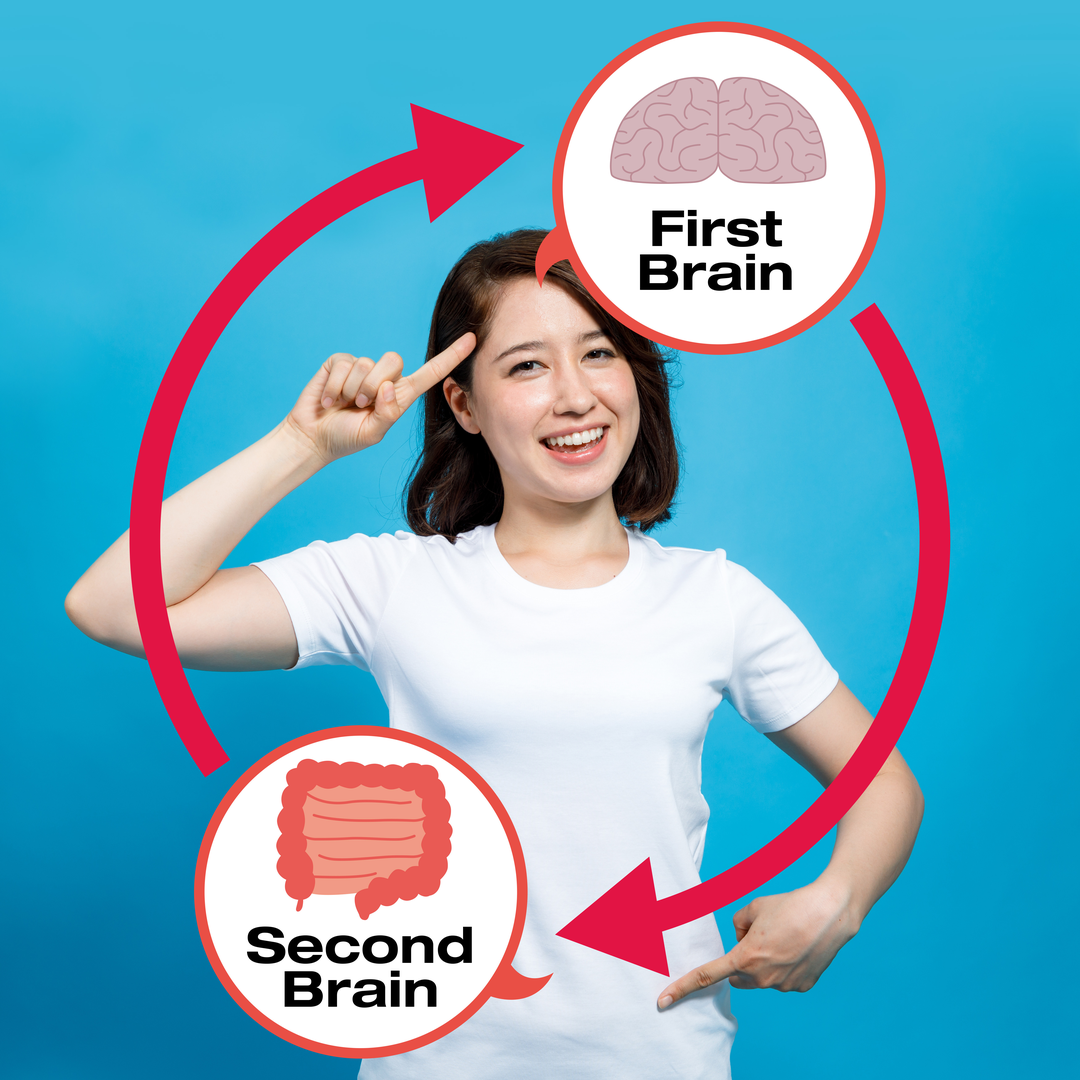

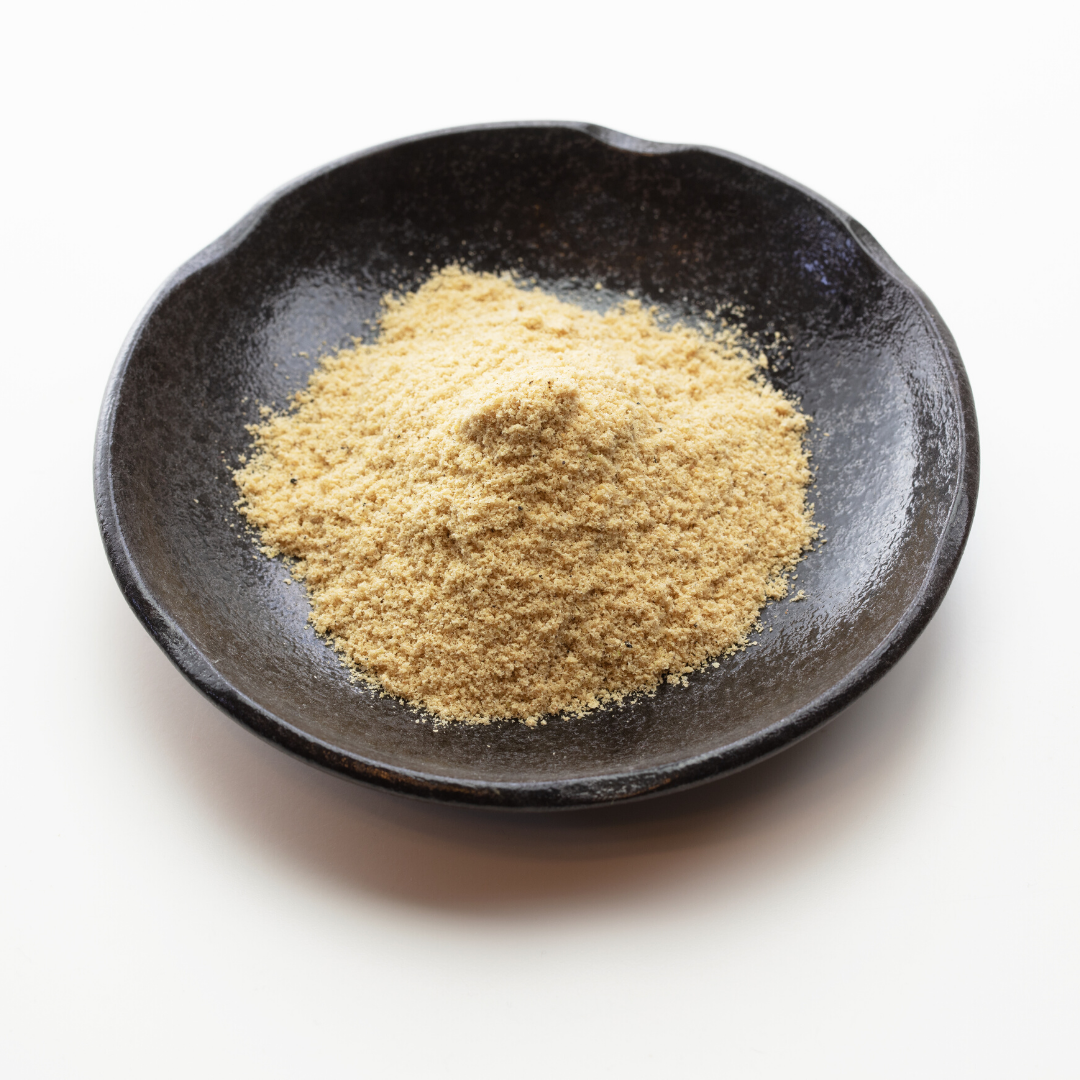
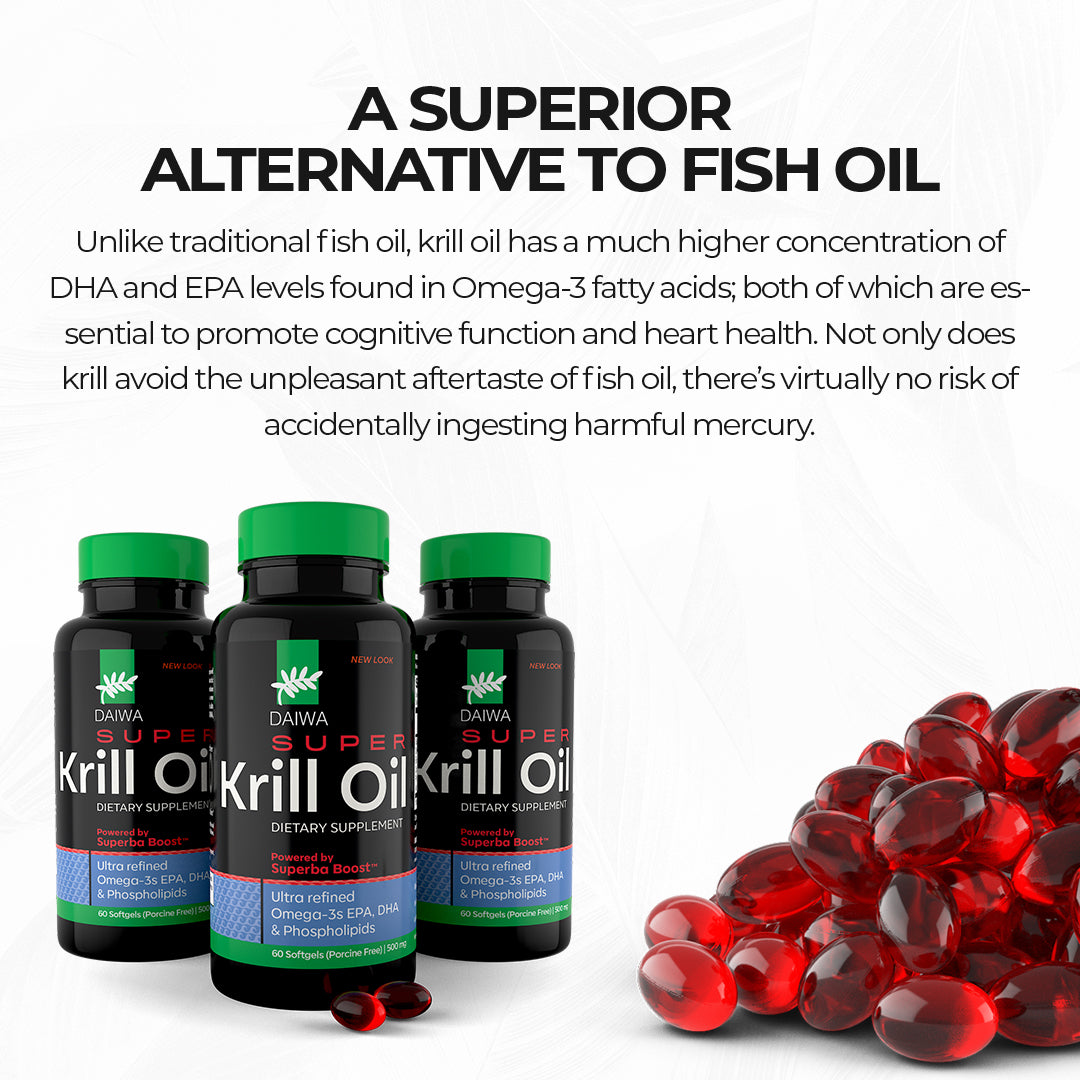

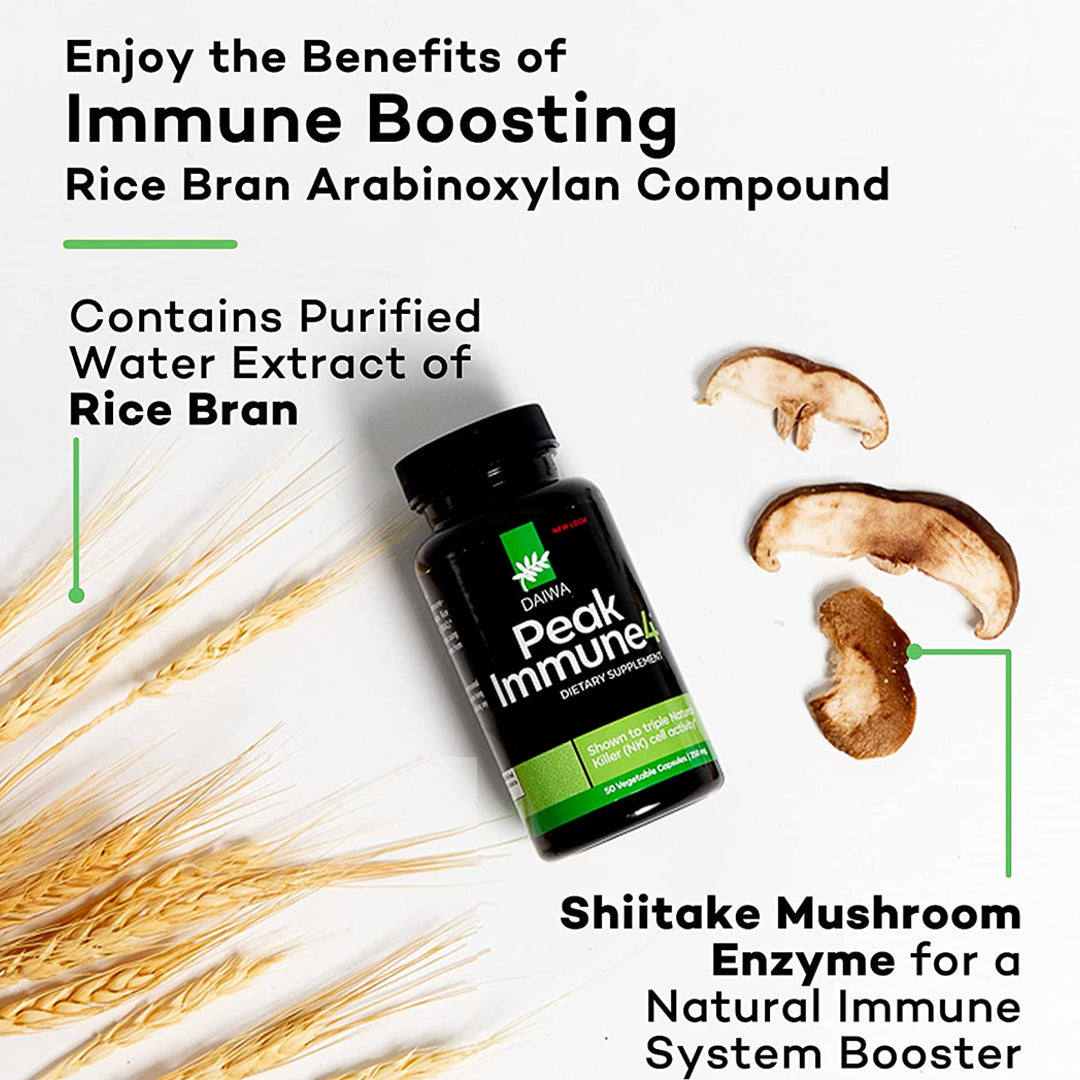
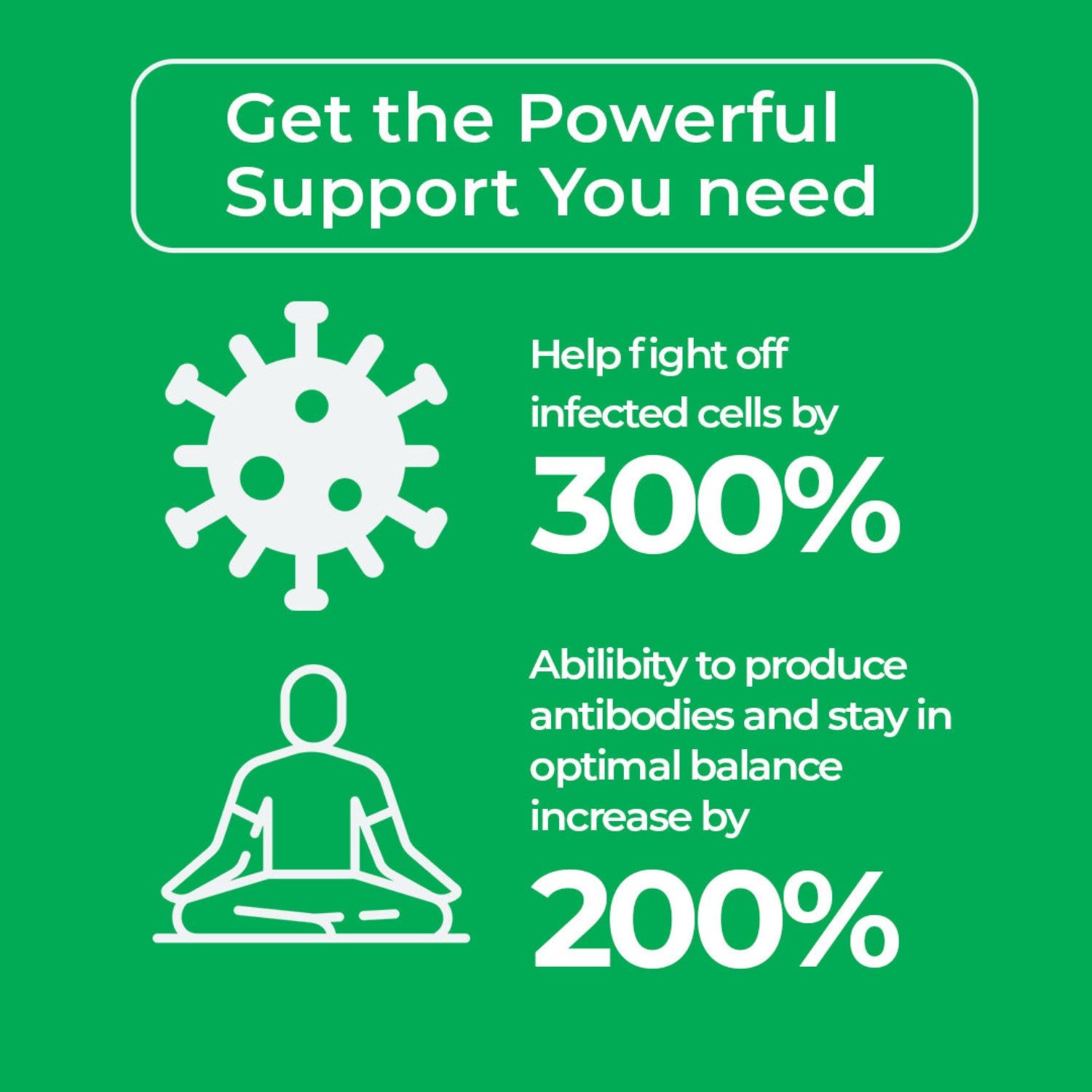
Leave a comment
All comments are moderated before being published.
This site is protected by hCaptcha and the hCaptcha Privacy Policy and Terms of Service apply.